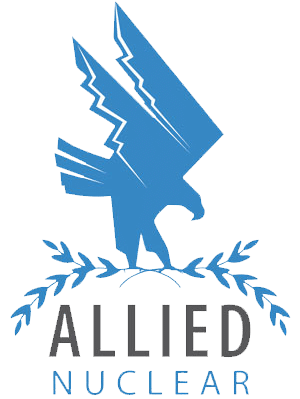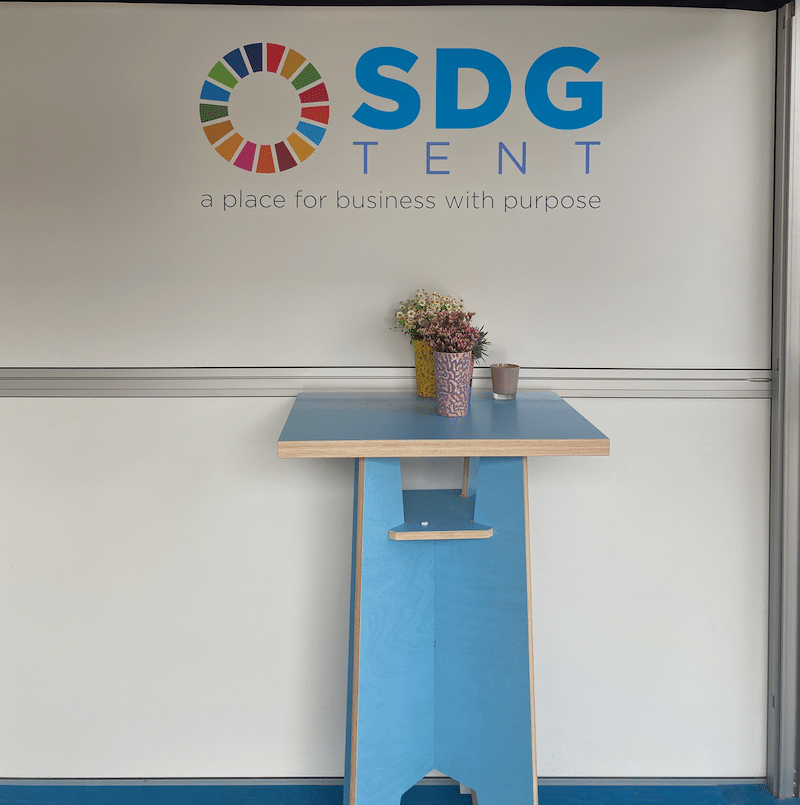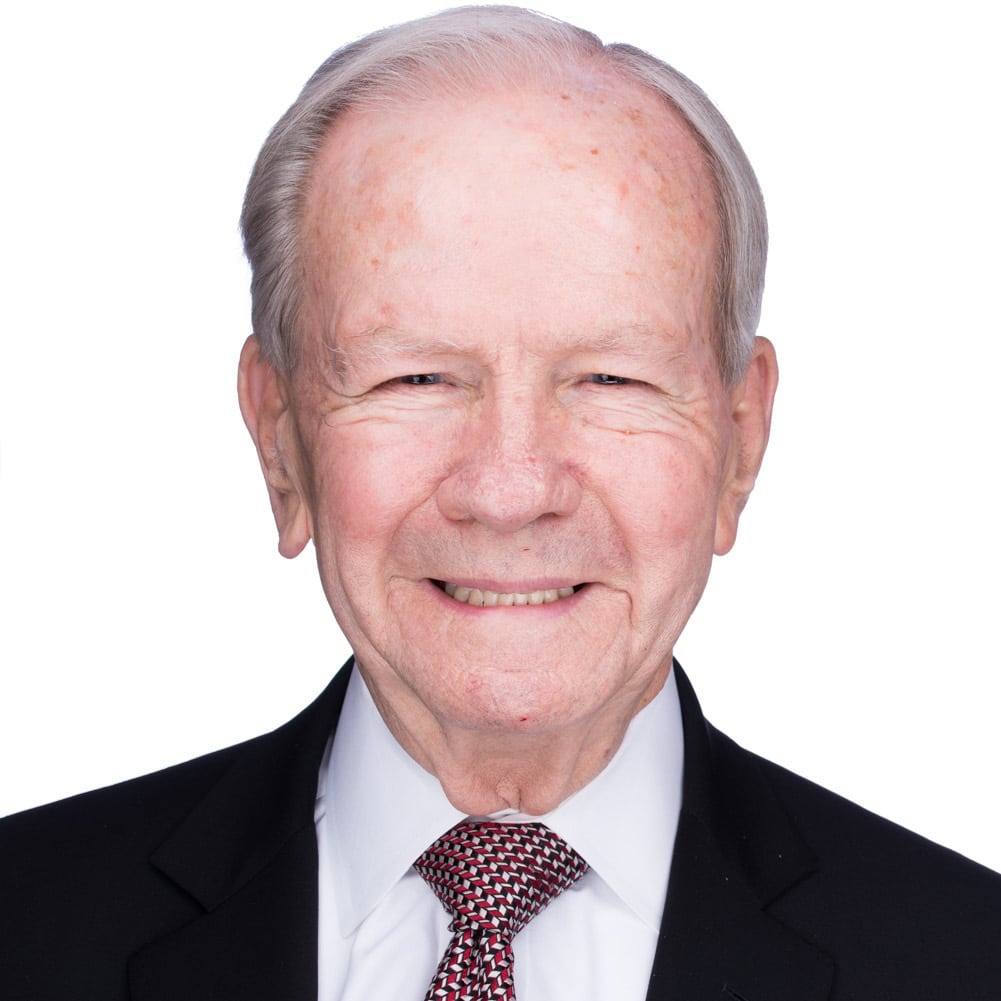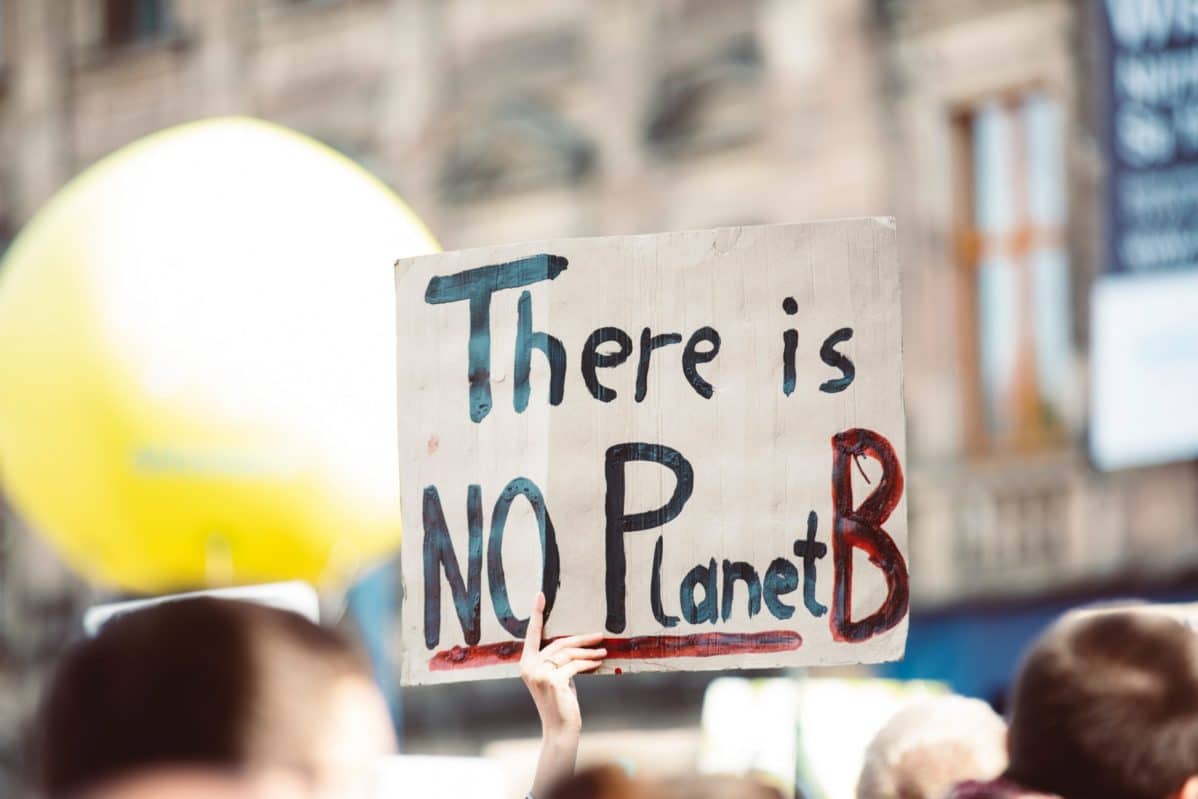Georgette Mosbacher, the American Ambassador to Poland, met recently with IP3 International’s leadership and Ralph Hunter, VP of Exelon Generation and COO of Exelon Nuclear Partners, to discuss Allied Nuclear, energy security concerns for NATO and the Three Seas Initiative (3SI), and the current landscape for nuclear energy in Central and Eastern Europe.
Nuclear energy development has become an important goal for shoring up the energy security and economic development of the 3SI region, which stretches across Central and Eastern Europe and compromises of Poland, 10 other NATO members, and non-aligned Austria.

IP3’s experience in national security and international development and trade stretches back decades with several of IP3’s executives having served in Democratic and Republican administrations, from Reagan through Obama and Trump. This includes IP3 Chief Legal Officer Alan Dunn, who served as U.S. Assistant Secretary of Commerce under George H.W. Bush and was later appointed as a Member of the U.S. Department of State Advisory Committee on International Economic Policy (ACIEP) by both George W. Bush and Barack Obama.
Likewise, Hunter and Exelon bring plenty of nuclear energy experience as the operator of America’s largest fleet of nuclear power plants.
Warsaw announces deal with U.S. to build first nuclear power plants
IP3 and Exelon’s meeting with Ambassador Mosbacher coincided with a June 24 state visit of Polish President Andrzej Duda to Washington, D.C. where the United States and Poland announced a new partnership to develop Poland’s civil nuclear power sector.
“Underscoring that energy security is national security, the United States and Poland are promoting energy diversification, free energy markets, and enhanced cooperation,” affirmed U.S. President Donald Trump and Polish President Duda in a joint statement.
As a means of cutting Poland’s share of coal in its electricity mix from 80% to 32% by 2040, Warsaw aims to build 6-9 gigawatts of nuclear capacity to supply 18% of the country’s electricity. Construction is slated to begin in 2026 with the first reactor operational by 2033, followed by five more units by 2040.
“The consultations are ongoing about the inter-governmental agreement between Poland and the U.S., which will allow starting to design this major undertaking,” Poland’s Energy Infrastructure Minister Piotr Naimski told Polish radio. “We are looking for a partner that will remain with and in Poland for at least 60 years.
Brussels overlooks coal-to-nuclear energy transitions
In a June 22 letter to European Union officials, Polish Climate Minister Michal Kurtyka urged the E.U. to correct the omission of nuclear energy from the E.U.’s new Green Deal package and in the E.U. Taxonomy. NATO ally and 3SI member, the Czech Republic, is also lobbying Brussels to deem nuclear energy a “green” or low-carbon energy source.
“Depriving the nuclear sector of investment opportunities related to green transformation is incompatible with the principle of energy sovereignty of the member states and violates the obligations arising from the Euratom Treaty in promoting the development of the EU nuclear sector,” Kurtyka said.
Following the lead of other E.U. member states that are leveraging nuclear energy to meet 2050 carbon neutrality targets, Kurtyka said Poland “intends to develop nuclear power to replace the baseload capacity provided by coal with a zero-emission, stable generation at a cost affordable for Polish citizens and economy.”
“We need to make sure we have financial foundations which make sure the energy produced by nuclear power plants will be competitive,” Kurtyka explained a few days before in a webinar hosted by the Nuclear Energy Agency. “So, getting the right sources of financing is a key element for the feasibility of our energy solution.”






